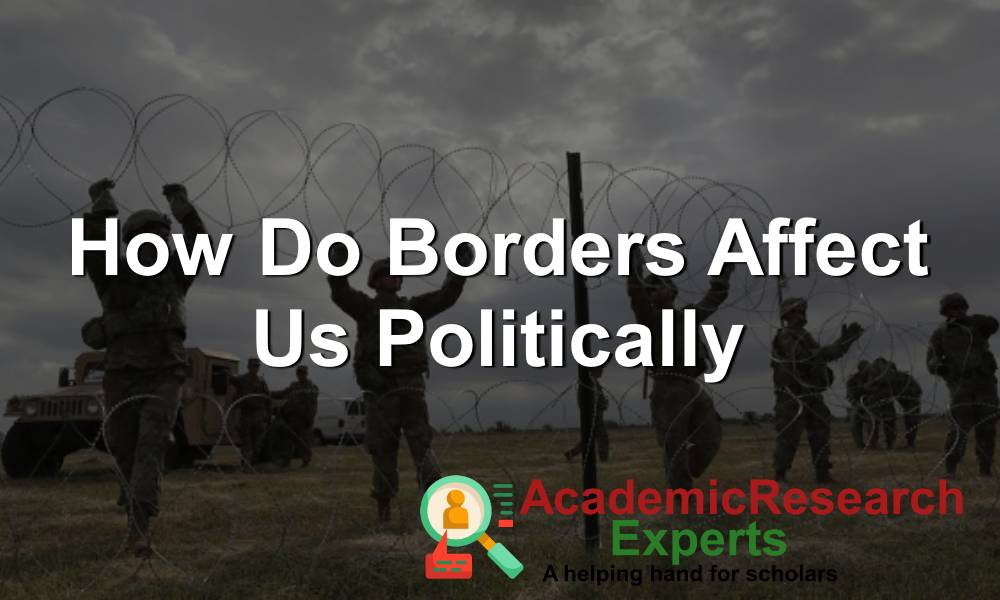
Among many elements which both influence and play vital roles in shaping the society as well as human lives, geography stands out. Some of geographical attributes like economic, physical, cultural and human aspects have intense effects on society and economy. Among these diverse geographical elements, border or boundary plays a very significant role. This is because borders not only do they act as geographical dividers but also political dividers. In the course of interaction between humanity and physical geography, borders act as intentional creations of human beings according to their political perspectives although in some cases they may come up as a result of environmental limitations such as mountains and rivers.
Typically, borders are consciously designated to define administrative as well as jurisdictional divisions; they have therefore not only become very important as physically partitioned space but also affected people mentally in regard to how they interact if from different divisions. Borders have affected humanity in a couple of ways. First of all, they pave ways for vital consequences in regard to international as well as domestic politics. Even in the dawn of globalization marked by free movement of both people and goods, borders still remain significant. Political boundaries between provinces in a country have substantial impacts on political, economic as well as cultural outcomes of the country concerned.
Looking for Academic Writing Help Visit : Academic Research Experts
It is therefore very important to understand how borders impact humanity politically. Do borders impact humanity positively or negatively? Should borders be supported or abolished? Basing my argument on these two questions, it is clear that borders lie on both sides of the argument. They are capable of impacting humanity both positively as well as negative. The magnitude however varies. As mentioned above, the main aim behind establishing boundaries within a country was to define jurisdictional and administrative divisions which in turn simplified governance. Unfortunately this became the only foreseeable positive impact of boundaries. It is however surprising how boundaries have negatively affected the progress of many countries. To start with, political boundaries acts more as dividing gaps in terms of economic and political spheres than in cultural spheres between country provinces. Issues of redrawing those boundaries have also escalated into severe dissatisfaction in many countries and later on led to civil wars.
Borders usually separate people despite of being in the same country. It is through these boundaries that people tend to believe that they are different from others especially if they are from different geographical areas. This basically leads to discrimination on the lines of origins hence dragging the country progress because leaders will tend to favor people from their areas of origin in terms of jobs opportunities and infrastructure services. With time, when the impacts diversify, the country divides along the border lines which eventually results to civil wars.
Borders also encourage isolation of some provinces. Political ghettos will always exist in a country where political identity is dominant. Not only do “activists” separate themselves from “non-activists”, but with wide political ghettos, feminists, environmentalists and anarchists consider themselves to be in separate struggles. Those provinces which consider themselves to be politically active are separated from each other as well as from those which don’t share the “active” identity. This limits the effectiveness for radical change in a country.
In consideration to the above discussion, it is without reasonable doubt that borders politically impact us negatively. Ranging from people separation along border lines to encouraging isolation of some areas, these impacts makes a country stagnant in terms of economic growth. Borders within a country ought to be abolished to pave a way for country’s economic growth.
